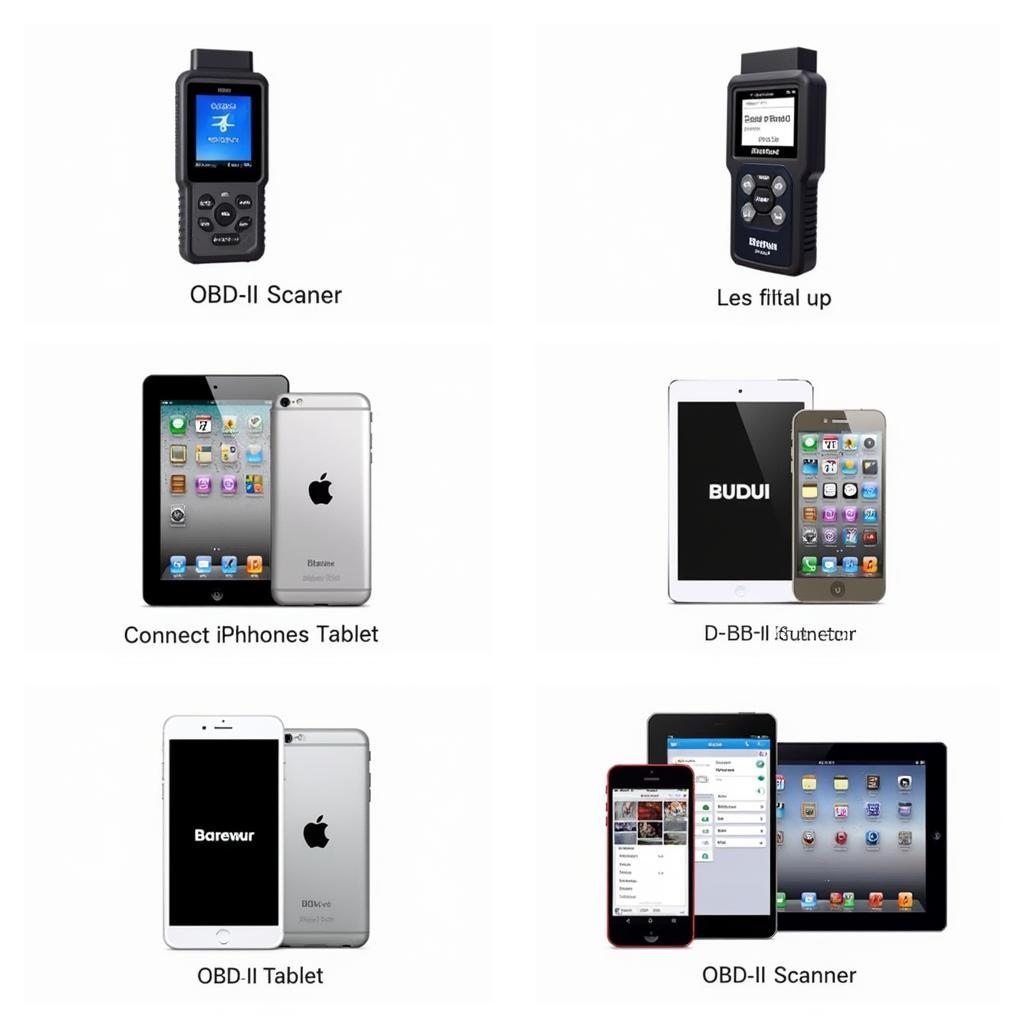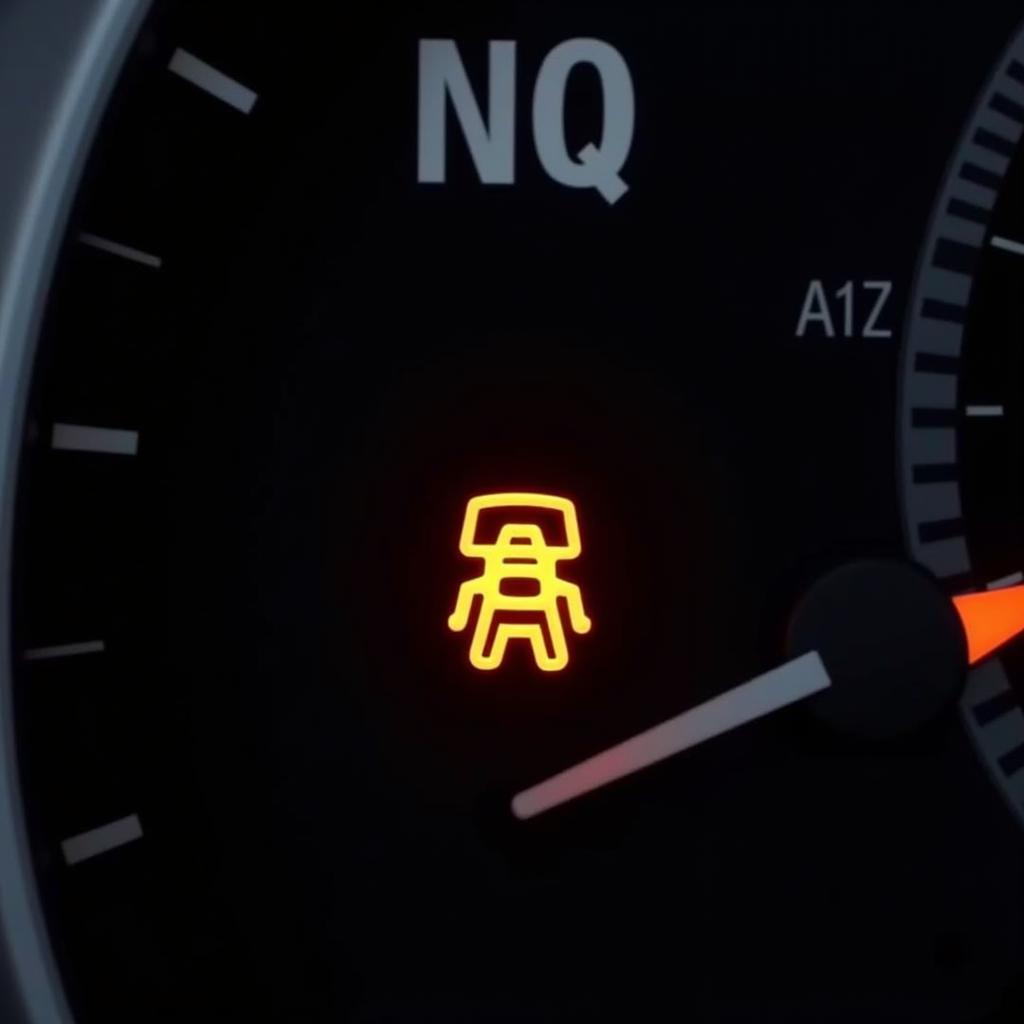Getting a diagnostic for your car is an essential part of responsible vehicle ownership. Whether you’re experiencing car troubles or simply want to stay ahead of potential problems, understanding the process and options for getting a diagnostic can save you time, money, and unnecessary headaches down the road. This article will walk you through everything you need to know about how to get a diagnostic for your car and make informed decisions about your vehicle’s health.
What Does a Car Diagnostic Involve?
A car diagnostic involves using a specialized tool, known as an OBD-II scanner, to communicate with your car’s computer system. This system continuously monitors various components and functions within your vehicle, storing data about their performance. The OBD-II scanner accesses this data, providing valuable information about the health of your car.
When Do You Need a Car Diagnostic?
There are several situations where getting a car diagnostic is highly recommended:
- Check Engine Light: The most obvious sign you need a diagnostic is when your check engine light turns on. This light can indicate a wide range of issues, from minor sensor malfunctions to more serious engine problems.
- Performance Problems: If your car is experiencing issues like rough idling, stalling, decreased fuel efficiency, or strange noises, a diagnostic can pinpoint the root cause.
- Before Buying a Used Car: Getting a pre-purchase inspection that includes a diagnostic is crucial when considering a used vehicle. This can reveal hidden problems and help you make an informed buying decision.
- Regular Maintenance: Just like scheduling oil changes and tire rotations, incorporating periodic diagnostic checks as part of your car maintenance routine can help detect issues early on.
Where Can You Get a Car Diagnostic?
You have several options for getting a car diagnostic, each with its pros and cons:
- Mechanic Shops: Most mechanic shops offer diagnostic services. Mechanics have the expertise and equipment to interpret the diagnostic codes and recommend necessary repairs.
- Auto Parts Stores: Many auto parts stores provide free diagnostic checks. While this can be a convenient and cost-effective option for simple code reading, keep in mind that their staff might not have the same level of expertise as certified mechanics.
- DIY with an OBD-II Scanner: For the more technically inclined, purchasing your own OBD-II scanner is an option. Numerous affordable scanners are available that connect to your smartphone or tablet, providing you with diagnostic codes and their meanings.
 OBD-II Scanner Options
OBD-II Scanner Options
Understanding Diagnostic Codes
Diagnostic codes are alphanumeric codes that correspond to specific issues detected in your car’s system. They are standardized across most vehicles, but their interpretation can vary slightly between makes and models.
While you can access the meaning of diagnostic codes online or through mobile apps, it’s crucial to remember that these codes are just starting points. A qualified mechanic should assess the codes in conjunction with a physical inspection of your vehicle to determine the actual cause of the problem and recommend appropriate repairs.
How Much Does a Car Diagnostic Cost?
The cost of a car diagnostic can range widely depending on factors like your location, the complexity of the issue, and whether you choose a mechanic shop or an auto parts store.
- Free Diagnostic Checks: As mentioned, some auto parts stores offer free code reading.
- Mechanic Shop Diagnostics: Expect to pay anywhere from $50 to $150 or more for a diagnostic at a mechanic shop, depending on their hourly rates and the time required to diagnose the problem.
[where can i get a free diagnostic for my car](https://diagfixpro.com/where-can-i-get-a-free-diagnostic-for-my car/)
While it might be tempting to opt for the cheapest option, remember that investing in a thorough diagnostic from a trusted mechanic can save you money in the long run by preventing misdiagnoses and unnecessary repairs.
Tips for Getting the Most Out of Your Car Diagnostic
- Choose a Reputable Mechanic: If you decide to go to a mechanic shop, opt for a reputable one with certified technicians who specialize in your car’s make and model.
- Ask Questions: Don’t hesitate to ask the mechanic to explain the diagnostic codes, the potential causes of the problem, and the recommended repairs.
- Get a Written Estimate: Always request a written estimate for any repairs before authorizing the work.
- Maintain a Record: Keep a record of all diagnostic reports and repair invoices for future reference.
Conclusion
Getting a diagnostic for your car is a crucial aspect of car maintenance that empowers you to address issues proactively and make informed decisions about your vehicle’s health. By understanding the process, knowing your options, and being an informed consumer, you can ensure your car stays in top condition for miles to come.
Remember, early detection and timely repairs can save you significant time, money, and stress in the long run.
FAQs
Q: How often should I get a car diagnostic?
A: It’s generally recommended to get a diagnostic check annually or every 12,000 miles, even if you don’t notice any issues.
Q: Can I drive my car with the check engine light on?
A: While it’s sometimes possible to drive short distances with the check engine light on, it’s essential to get your car diagnosed as soon as possible to avoid potentially worsening the problem.
 Check Engine Light
Check Engine Light
Q: Will clearing the diagnostic codes solve the problem?
A: Clearing the codes might temporarily turn off the check engine light, but it doesn’t address the underlying issue. The light will likely reappear if the problem persists.
Q: Can a diagnostic tell me exactly what’s wrong with my car?
A: While a diagnostic provides valuable clues, it’s not always a definitive diagnosis. Mechanics often use the codes in conjunction with a visual inspection and other tests to pinpoint the exact cause of the problem.
Q: Are there any apps that can help me interpret diagnostic codes?
A: Yes, several mobile apps are available that can provide you with the meaning of diagnostic codes. However, it’s essential to consult with a qualified mechanic for accurate diagnosis and repair recommendations.
Need further assistance or have more questions about car diagnostics? Contact us via WhatsApp: +1(641)206-8880 or Email: [email protected]. Our 24/7 customer support team is here to help!

Leave a Reply